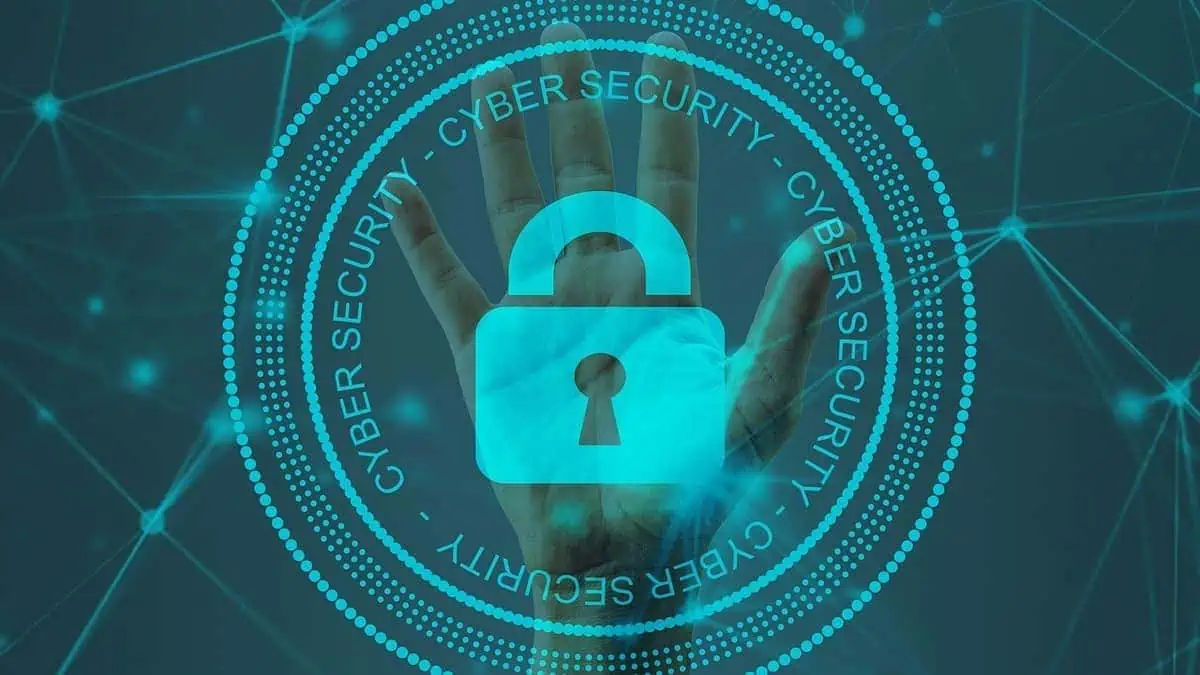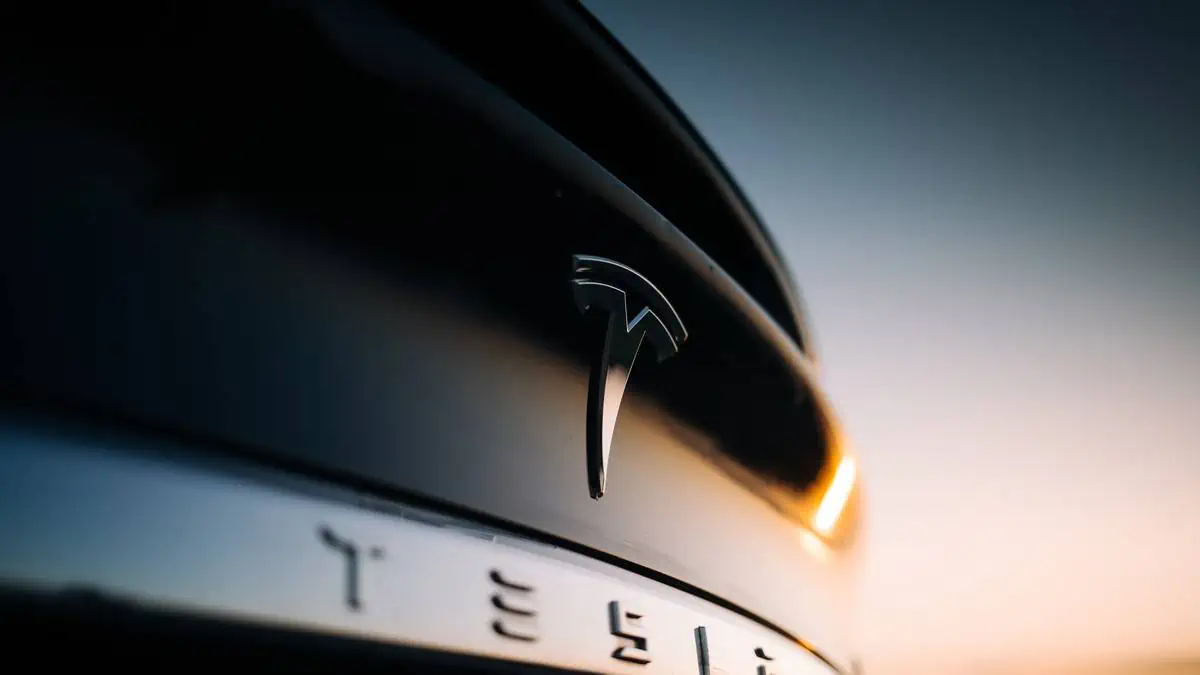Federal officials are looking into what role they should execute in strengthening the electric vehicles‘ cybersecurity (EVs) as they encourage increased EV adoption in the US, according to Axios.
Cyber threats of EV chargers
EV chargers create unique cyber threats due to the systems interconnecting, running on business networks or personal homes, and connecting to local power grids.
Add this to the growing cyber threats of all newer car models, which have electronic systems, internet-connected communications, Bluetooth capabilities, and wifi hotspots.
Researchers have noted vulnerabilities that restrict charging. However, charger hacks are largely hypothetical so far.
As KSN reported, one of the EV charger vulnerability targets for hackers may be fleets, disrupting the nightly charging of delivery vehicles.
EV cyber-security issues forum
The Office of the National Cyber Director (ONCD) held a forum last week with government officials and private companies, including automakers and EV charging manufacturers, to discuss the cybersecurity issues of EVs and the tech they run on.
Most of the discussion focused on the possibility of new EV cyber standards and new research on potential cyber risks, per a meeting readout.
The White House’s meeting readout did not state which private companies or industry stakeholders joined the ONCD forum.
Importance of EV cybersecurity
While EV charger hacks have mainly remained hypothetical, the technology powering chargers could see increased hacker interest as EV adoption grows.
Earlier this year, a teenage hacker hacked into more than 25 Teslas at once through the manufacturer’s open-source activity logging tool.
Researchers have found several security vulnerabilities in charging equipment that allows hackers access to user information and prevent charging.
EV chargers’ threat level
EV chargers — whether placed in personal homes or public areas — commonly gather information regarding a vehicle’s charge rate, identification numbers and drivers’ online account information.
Chargers also typically connect to a system inside cars known as the controller area network, allowing various onboard electronic components and controllers to communicate with one another. Hackers are known for targeting this network.
“If somebody can get into the systems that run public charging infrastructure, then there is potential to inject some sort of malware into the vehicle,” said Sam Abuelsamid, a principal research analyst leading Guidehouse Insights’ e-mobility division.
Cybersecurity standards for electric vehicles
There are no existing cybersecurity standards for EV charging infrastructure.
However, automakers and charging manufacturers are working on accounting for cyber threats in new vehicles and systems’ development.
“Bringing in new regulations could mean new baseline cybersecurity requirements for both EVs and their chargers to ensure automakers don’t cut corners,” Gartner analyst Mike Ramsey said.
Representatives from the White House and the departments of Energy, Transportation and Homeland Security joined last week’s meeting. However, it’s unclear which government agency would lead in setting these standards.
While standards aren’t a foolproof solution to preventing hacks of EVs and their charging systems, as hackers constantly find new ways to exploit devices, exercising security standards makes EV adoption one step ahead.
It aids in adding security and safety around electric vehicles and ensures that such threats and risks are addressed.
The ONCD office did not make any statements about the next steps. However, it is possible that updated EV standards could emerge from the discussion.






